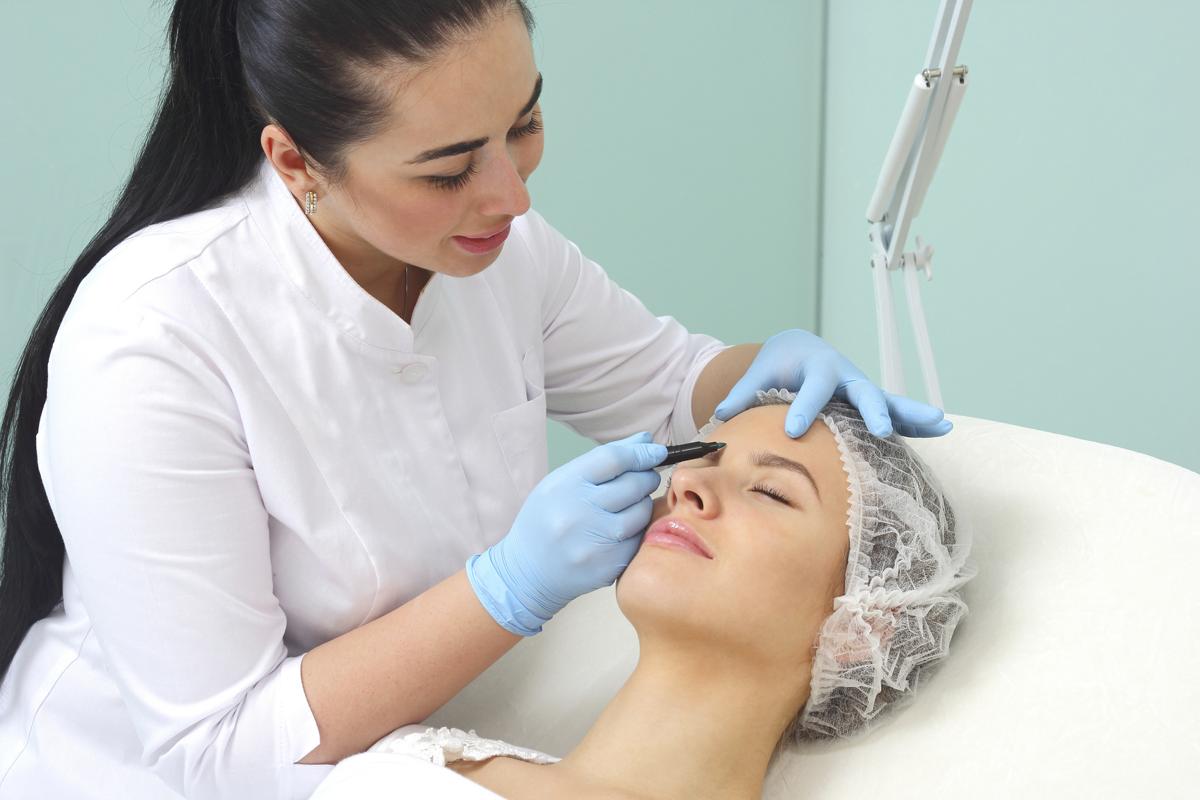
Eyelid surgery is a simple operation, however, the initial weeks after the surgery are very crucial and utmost care should be taken to avoid contracting any infection.
Eyelid surgery, also known as blepharoplasty, is a minor operation to remove excess skin that gets accumulated on the upper as well as lower eyelids. This condition occurs with age, and is mostly seen in people over 35. Excess bags of skin on the lower eyelid give rise to wrinkles, while surplus skin on the upper eyelid make the eyes droop, affecting vision of the person. The eyes look tired due to puffiness on the upper eyelid. This can be treated with cosmetic surgery, where excess skin and fat prolapses are removed.
Eyelid surgery does not take much time, i.e., not more than two hours, even if both, the upper and lower eyelids have to be operated. Depending upon the condition of the patient, he is either asked to stay at the hospital for one night, or is discharged the same day. It is important that the patient does not go home alone, and there should be someone to take care of him for a few weeks after the surgery. The caretaker should see to it that the patient gets a lot of rest, and strictly follows the instructions given by the surgeon.
Like every operation, there are some very important factors and issues that the patient and the caretaker should remember to enable speedy recovery.
Essential Care Post an Eyelid Surgery
Once the effect of the anesthesia subsides, the person may experience pain. It is also normal to find bruises and swelling in areas where incisions were made. The most common after-effect of an eyelid surgery, is dry eyes.
Pain after the surgery usually persists for not more than a day. The patient may also feel the skin tightened around the operated area. Pain can be reduced by consuming pain killers prescribed by the physician. Cold compresses and ointments can be applied to reduce the swelling and bruises. It is also important to apply eye drops to prevent the eyes from drying out.
It takes almost 10 days to recover entirely. Complete rest should be taken, and using the computer, watching television, reading, and wearing contact lenses should be avoided, as it is likely that indulging in these activities would increase the risk of the eyes getting dried up. Going out should also be avoided, as should sport activities or exercise.
After 10 days, a visit to the physician is necessary, usually after which normal day-to-day activities can be resumed. Using dark sun glasses and applying sun-protective creams are a must for at least 2 months post the surgery. Strenuous activity should be avoided till the physician deems fit.
People who go through eyelid surgery may have a difficult time during the recovery period. The bruises and swelling may remain for a long time. One should remember that these bruises will subside with time, leading to healthy, young, and good looking eyes.


